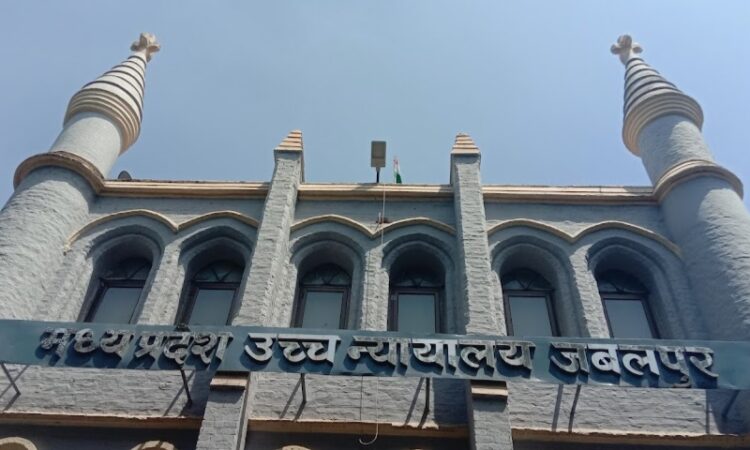In a significant ruling, the Madhya Pradesh High Court, Jabalpur Bench, has upheld the state’s refusal to renew the recognition of a Child Care Institution following damning findings by the National Commission for Protection of Child Rights (NCPCR). The investigation revealed alleged instances of children being converted to Christianity and subjected to sexual abuse within the institution.
The case revolves around a writ petition filed by Aadharshila Sansthan, a Charitable Society formerly known as Central India Christian Mission, challenging the order of the Deputy Secretary of the Department of Women & Child Development. The court, represented by a Single Bench of Justice Vivek Agarwal, emphasised the gravity of the allegations and affirmed the state’s decision not to renew the institution’s recognition.
The Legal Landscape: Juvenile Justice Act and Violations
Justice Agarwal referred to Section 41(7) of the Juvenile Justice (Care & Protection of Children) Act, 2015 (JJ Act), stating that the state government has the authority to cancel or withhold registration of an institution that fails to provide rehabilitation and reintegration services as specified in Section 53 of the JJ Act. The court underscored that until the registration of an institution is renewed or granted, the state government is obligated to manage the institution.
The court’s scrutiny focused on allegations of abuse and exploitation, including an FIR against an employee of the institution under the Protection of Children from Sexual Offences Act, 2012 (POCSO Act). The minor victim, in her statement under Section 161 of the Code of Criminal Procedure, detailed instances of inappropriate conduct by the employee, triggering the investigation.
Violations Unveiled: Rule 29 and Rule 76
The court acknowledged the findings of the NCPCR and the state authorities, particularly highlighting two grounds for refusing to renew the institution’s registration. First, the Child Care Institution was operating in violation of Rule 29 of the Juvenile Justice (Care & Protection of Children) Model Rules, 2016 (J.J. Model Rules). Second, an employee was implicated in sexually abusing/harassing a minor girl living in the institution.
The court delved into the specifics of Rule 29(1)(iv)(b) of the J.J. Model Rules, which requires separate Children’s Homes for boys and girls in specific age groups. It noted that the institution’s arrangement of segregating boys and girls on different floors did not align with the prescribed criteria, emphasizing the need for distinct Children’s Homes based on both gender and age groups.
Furthermore, the court highlighted another violation involving the employment of a male employee in the mess area with common access to both boy and girl children, contravening the prescribed norms.
State’s Response and Allegations of Conversion
The Advocate General representing the state argued that there was an ongoing racket promoting the conversion of children to Christianity. The sequence of events, as per the state’s assertion, suggested that children, after being placed in foster care, returned to Aadharshila Sansthan and professed Christianity. This raised concerns about the institution’s true purpose, with the state contending that it went beyond providing protection to deserted or orphaned children.
Escalation: Special Task Force Involvement
In an escalated response, the state transferred the case against four firms, accused of irregularities in halal certification, to the Special Task Force (STF) of the Uttar Pradesh police. This strategic move aims to address the alleged irregularities more comprehensively and enforce the ban on halal-certified foods.
The Madhya Pradesh High Court’s decision to uphold the state’s refusal to renew recognition highlights the court’s acknowledgement of serious allegations, including violations of child protection norms and concerns about conversion activities. The ruling emphasizes the importance of adherence to established rules and regulations governing Child Care Institutions and underscores the need for a comprehensive and compliant approach to ensure the well-being of children under institutional care.
As the legal landscape continues to evolve, this case serves as a precedent for maintaining strict standards in Child Care Institutions and addressing alleged misconduct promptly. The implications of the decision extend beyond the specific institution involved, signalling a commitment to safeguarding the rights and welfare of children in similar settings across the state.




















Comments